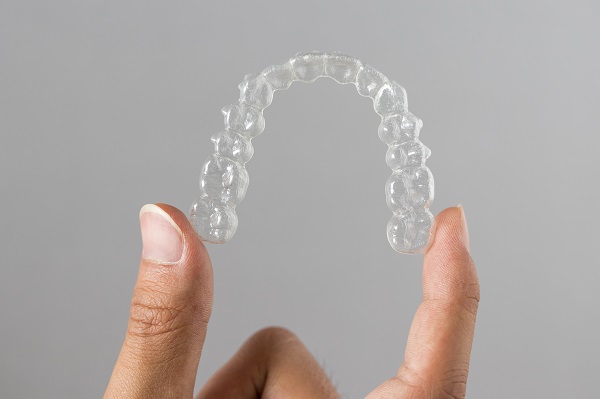Oral Surgery Procedure FAQs

Patients sometimes feel nervous when considering oral surgery, but in reality it is a common treatment for many dental problems. With all of the knowledge and training dental professionals have received as well as the modern procedures and methods of dealing with discomfort, surgery can be a helpful and effective solution. The following information answers common questions to help set a patient’s mind at ease while anticipating such a procedure.
What is oral surgery for?
This type of intervention can make all the difference for a patient. Surgery can handle these issues and more:
- Impacted teeth
- Wisdom teeth
- Preparation for implants
- Sleep apnea
Other frequently asked questions
It is not uncommon for patients to have questions about what happens before, during and after surgery of this nature. The following information can help answer concerns and put worries to rest.
Who can perform such procedures?
A dental professional who has received training in performing surgeries is qualified to take care of many common issues and should be able to explain a procedure and why the patient is a good fit for it. If the surgery is not minor and entails more extensive work, such as dealing with deformities or accident repair, then a maxillofacial surgeon may be needed.
How does a patient prepare for surgery?
Typically, the patient is asked not to eat or drink anything for anywhere from eight to 12 hours beforehand to prevent possible nausea. Additionally, for anyone who is taking a blood thinner, a doctor’s permission may be needed so they can discontinue taking the drug for a time in order to have the surgery. It is a good idea to consult with a primary care physician about any medications to make sure there is not a conflict.
How are a patient's individual needs met during the procedure?
Care will be taken to ensure a patient is relaxed and not in pain. Oxygen may also be administered to ensure a patient is breathing comfortably during the procedure. If a patient needs something else during a procedure, the dental professionals will be watching to meet any concerns that arise.
What is the healing time typically like?
A patient can usually plan on resting for a couple of days after surgery, then following up with moderate activity for a few days more, depending on the extent of the work performed. The dental professional can direct a patient on a case-by-case basis. For those with weekends off, it may be helpful to schedule the procedure for a Friday afternoon if possible, to provide the longest amount of downtime. A modified diet may be recommended for a few days to protect any stitches and healing tissues.
Conclusion
Lack of information is not a good reason for a patient to put off having oral surgery when it is needed. Understanding what is involved can be instrumental in giving patients a calmer approach as they contemplate receiving a procedure.
Are you considering oral surgery in the Tucson area? Get more information at https://jorgealvarezdds.com.
Check out what others are saying about our services on Yelp: Read our Yelp reviews.
Recent Posts
Considering invisible braces? Clear aligners provide a subtler way to straighten teeth without compromising the appearance of one's smile. Metal brackets were once the standard when it came to dealing with misaligned teeth, but an increasing number of people are saying "No" to having a mouth full of metal brackets and wires while straightening their…
Patients today have a variety of teeth straightening options to choose from. Adults can benefit from a range of treatments that can fit their lifestyle. It is never too late to achieve the smile you want with discreet adult teeth straightening options. Read on to learn more about the various options.There are different types of…
Cosmetic dentistry offers a way for patients with a gummy smile to achieve a more attractive smile that they can be proud of. One of the most frequently recommended treatment options for a gummy smile is crown lengthening. Understanding the benefits of treatment and who is an ideal candidate can help you decide if it…
If you have partial dentures, you still have natural teeth on your jaw that require care. Proper oral hygiene is not just for your natural teeth, but also for the partials, since proper care can keep them clean, stain-free, looking good and lasting longer. A properly maintained partial will function adequately, which means eating your…


